Heart Rate Monitor Continuous Recording Garmin Chest Strap
We earn a commission for products purchased through some links in this article. Why Trust Us?
We've all had those runs where we glance at our watches in utter disbelief. How is it that yesterday's tempo felt effortless, but today's recovery run is two minutes slower per mile and feels 10 times as grueling? Turns out, your pace doesn't always indicate how hard you're working on a run, and that's why it can help to rely more on heart rate to measure effort and intensity. Some runners track heart rate to ensure they're training in certain intensity zones, while others like having an indicator to adjust their efforts when factors like high elevation or humidity come into play, which can make any run feel tougher.
Although some rings and earbuds now offer heart rate monitoring capabilities, we've found that chest straps, arm bands, and wrist wearables tend to collect more reliable data during especially intense exercise. Chest straps are generally the most accurate of all since they're worn the closest to the heart. These devices then utilize Bluetooth and/or ANT+ technology to ensure the sensors recording each heartbeat can seamlessly sync and transfer that information to your phone, computer, or smartwatch. Not all phones connect with ANT+, so you'll want to check the connectivity options on both your heart rate monitor and any other devices or apps you plan to pair it with before making a purchase.
Read on for more buying advice and our evaluations of the best heart rate monitors out there.
Why Track Heart Rate?
While many of us are data-tracking gurus at this point, others might still be wondering, "What's the benefit?" Keeping regular tabs on your cardiovascular health can help you better distinguish your physical limitations, manage stress, get more sleep, and provide more information for your doctor at your next appointment. For both avid runners and beginners, the insights gleaned can guide you to improve your PR and maximize each workout. For example, knowing your average resting heart rate can clue you in to how well you're recovering from hard training sessions, and consistently elevated readings can mean you're due for a rest day.
Find the Best Device for Your Needs
The biggest determination you need to reach before purchasing is what your primary goal is for the heart rate monitor. Competitive triathletes may want to splurge on a top-shelf device, whereas those just getting started might opt for a more modest option to see how helpful they find the information. Those who enjoy tracking their developments or want more precise results can always upgrade later. Keep functionality in mind, as well, since you may not want to wear a chest strap all day or while you sleep.
This content is imported from poll. You may be able to find the same content in another format, or you may be able to find more information, at their web site.
How We Chose
Our team of test editors have used many of the devices below to track our heart rates during our runs, rides, swims, and even sleeps. In addition to our own testing, we've researched the market, surveyed user reviews, and spoken with product designers and engineers to cull these nine top-ranking options from a pool of hundreds. We've specifically considered quality, comfort, cost, reliability, durability, battery life, aesthetics, and brand reputation to provide options that will appeal to a variety of runners' preferences. Whether you're buying your first heart rate monitor or your fifth, this list includes both tried-and-true options from iconic brands and less traditional styles from enterprising newcomers.
Shop the best heart rate monitor deals on Amazon
Polar H10 Chest Strap
With remarkable precision, extreme durability, and a comfortable band, the Polar H1o is currently one of the best heart rate monitors around. You'll be hard-pressed to find a better option for under $100. The device Polar calls its "gold standard" is waterproof, reliable, easy-to-use, and compatible with many popular apps, such as Strava, TrainingPeaks, MyFitnessPal, Endomondo, and Nike+ Run Club. It also offers a coach service, so you can share data with your personal trainer or workout buddy. Like other devices on this list, it will track and store your data regardless of whether or not you have your phone nearby.
Garmin HRM-Pro Chest Strap
Known among runners for its exceptionally reliable, accurate, and user-friendly GPS watches, Garmin makes a chest-strap monitor that upholds the same standard for performance and quality. Besides tracking your heart rate, the HRM-Pro also evaluates your running form by delivering metrics on vertical oscillation, ground contact time, stride length, and vertical ratio. (Vertical ratio compares your vertical oscillation to your stride length, which can help you find your most efficient running form.) Swimmers will appreciate that it will even track changes in heart rate across different intervals, so they can easily compare efforts during a workout. A slim, adjustable strap and lightweight 2.1-ounce module keep this band comfy enough for long days on the bike, and the coin cell battery will last up to one year before you'll need to replace it.
Withings Move ECG
This device, that Withings asserts will soon be cleared by the FDA, is designed to help with detection and monitoring of heart rhythm disorders such as AFib. These disorders tend to be episodic, meaning unless an episode is occurring, it's extremely difficult to detect in a doctor's office. Like the newest Apple watch below, the Withings Move ECG allows you to record an ECG from your wrist, but at a fraction of the price at $130. Simply place your fingers on the watch bezel and hold for 30 seconds to take a reading, and the Health Mate companion app generates a report that you can easily share with your specialist. One drawback is that the sleep-tracking features appear less accurate when distinguishing between light, deep, and REM cycles. However, its automatic activity detection is reliable—so you won't miss out on workout stats if you forget to press start. And unlike the other wrist-based monitors on this list, the Move ECG eliminates the need for charging by utilizing a 12-month watch battery.
More Info
Wahoo Tickr X Chest Strap
Comfortable, inconspicuous, versatile, and precise, the Tickr X from Wahoo is one of the most popular chest straps. Founded in 2009, the Atlanta-based company has become a household name in the fitness technology industry. Boasting a battery life of more than 500 hours, the Tickr X is designed for data-driven athletes, yet is simple enough for anyone to use. Its built-in memory allows you to exercise without your phone and offers other top-shelf features—like reports on your calories burned, running analytics, and cycling cadence—that you're less likely to find on cheaper devices.
Scosche Rhythm24 Arm Band
Those who want ultra-precise metrics for their heart rate but would prefer not to wear a chest strap, look no further than the Rhythm24. Great for runners, swimmers, cyclists, and triathletes, this arm band will provide excellent data whether you're underwater or climbing thousands of feet above sea level. It's not meant to be a Swiss Army Knife, though, so be sure to keep wearing your fitness tracker or smartwatch if you want to keep tabs on additional metrics like cadence. The simplicity is actually what we love most about it—one button, minus the typical bells and whistles, equals zero headaches.
Apple Watch Series 6
While avid runners and competitive athletes will likely prefer the precision of chest and arm straps, the Apple Watch offers countless additional features that anyone can appreciate. If you already own an Apple Watch, start utilizing its heart rate capabilities and get familiar with the figures reported. If you find yourself analyzing and appreciating the fitness-tracking data sets, you can invest in a higher-end monitor, and rely on the Apple Watch during idle hours. Conversely, those who decide tracking may not be a worthwhile investment of their time can still enjoy the watch's myriad other features.
Whoop Strap 3.0 Wristband
It's safe to say that any heart rate monitor good enough for LeBron James and Michael Phelps is good enough for us. Fortunately, you don't have to earn an eight-figure salary to enjoy the tracking benefits of this celebrity-endorsed arm band. With a $30 monthly payment, the Strap 3.0 allows anyone to give it a try without making the full-fledged commitment that goes along with the one-time purchase of a premier device. On the flip side, this can be a pricey option for those who decide they can't live without the monitor's outstanding features. The investment is likely worth it for competitive athletes, as it also tracks heart rate variability and offers interchangeable bands composed of high-tenacity filaments.
Myzone Wearables
Popular in gyms across the country for its group fitness-tracking options, Myzone and its devices are also available for individual users. The brand offers a variety of workout-friendly wearables including compression shirts, sports bras, chest straps, and watches that boast an impressive 99.4 percent accuracy rate. (According to Myzone, its heart rate monitors will offer "the highest accuracy outside of an EKG machine.") Besides providing elite precision, Myzone wearables also give you the option to game-ify your experience by converting daily activity, calories, and overall time spent exercising into Myzone Effort Points. The MEP system makes it easier to assess the intensity of your workout and gives you a new way to set fitness goals—or compete with others, if you choose.
Fitbit Charge 4 Watch
Similar to the Apple Watch, this Fitbit is a robust device offering all-day health insights that extend far beyond just your workout. The Charge 4 compiles oodles of other helpful data in addition to heart rate—like your sleep quality and stress levels—and runners will dig the on-board GPS for keeping tabs on pace and mileage. Plus, this fitness tracker costs almost one third the price of a new Apple Watch, and some testers found that its smaller size and sleek band also make it more comfortable during intense exercise and while sleeping. The only bad news is that its GPS functionality drains the battery life quickly, so take that into account when planning your weekend long run.
Oura Ring
This health tracker packs a laboratory's worth of sleep, heart rate, body temperature, and activity sensors—plus up to a full week of battery life—into a tiny five-gram package. In addition to nightly heart rate monitoring, the Oura ring captures your daily step count, tracks sleep cycles (light, deep, and REM), measures your heart rate variability and respiration rate, and estimates your average activity level and calorie burn. When synced with the companion mobile app, you can view a 24-hour summary of your health stats, broken down neatly into three numerical scores for Sleep, Readiness, and Activity. Though lacking some of the deeper analysis you get with the Whoop Strap above, the Oura ring is smaller, sleek, and doesn't require a subscription.
Source: https://www.runnersworld.com/gear/a35257647/best-heart-rate-monitors/

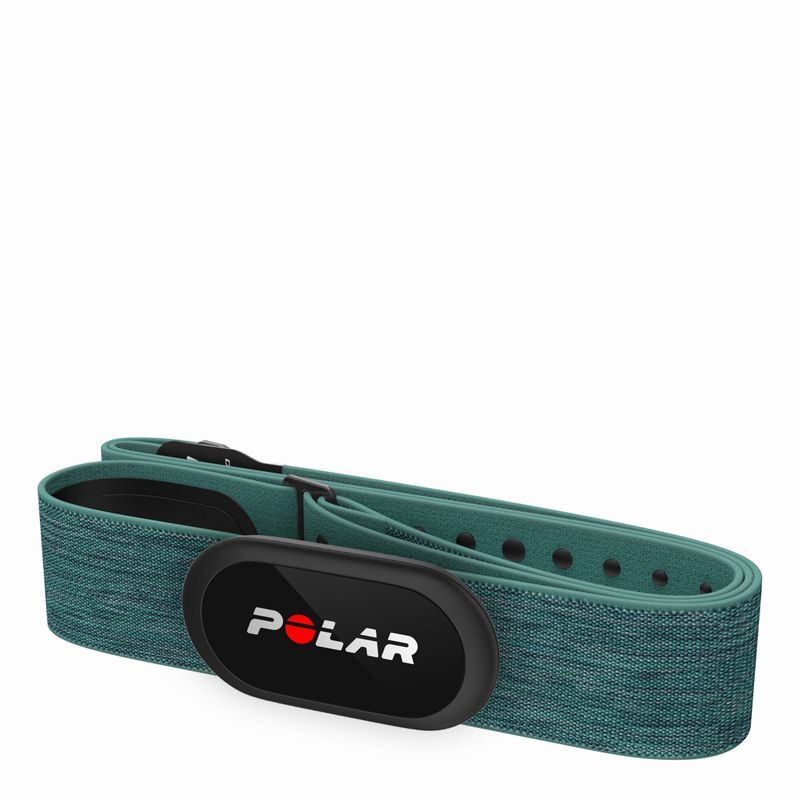
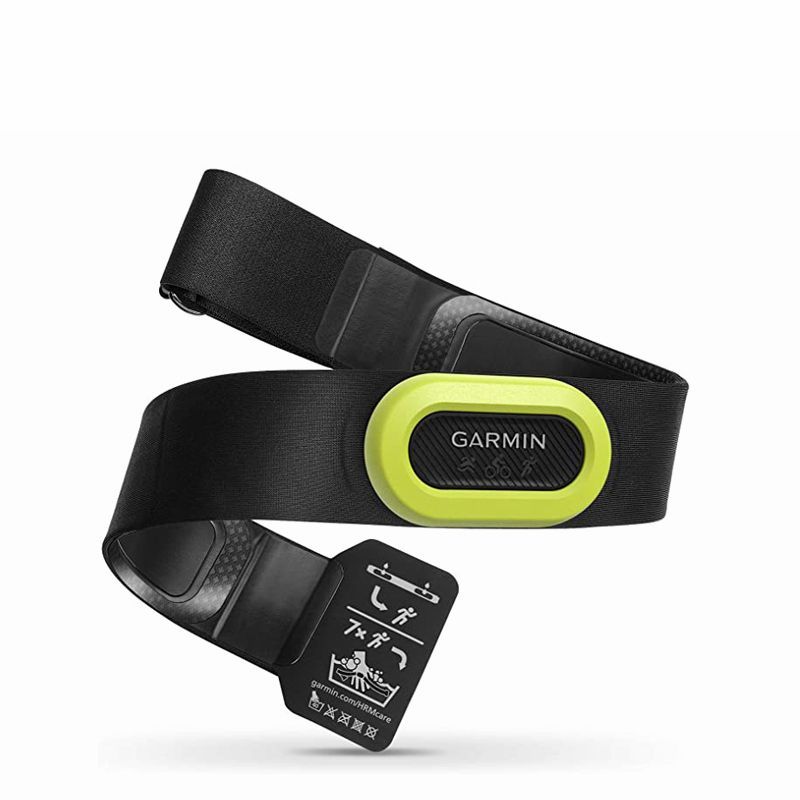
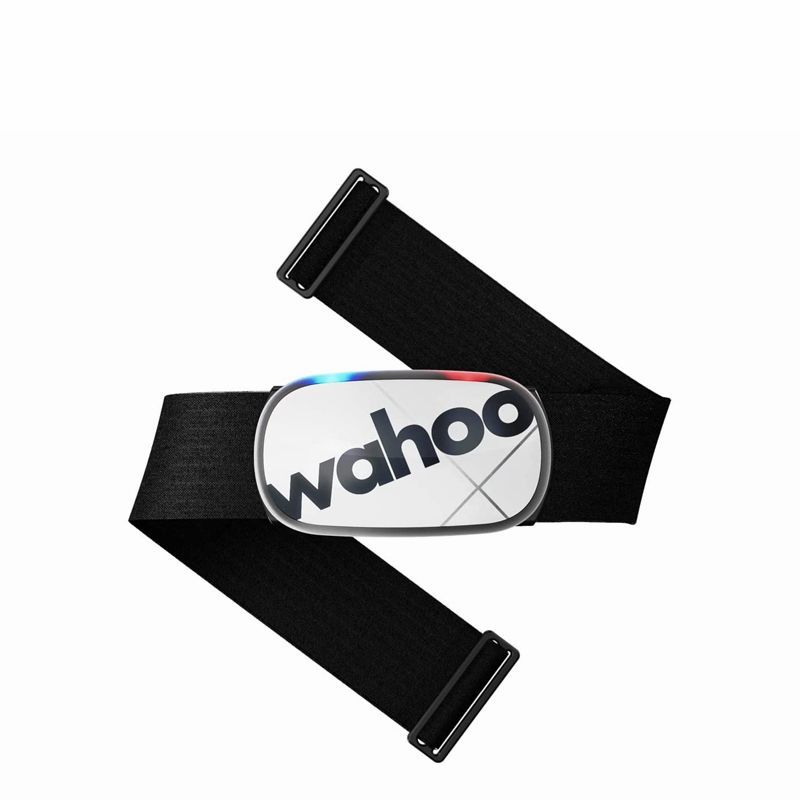
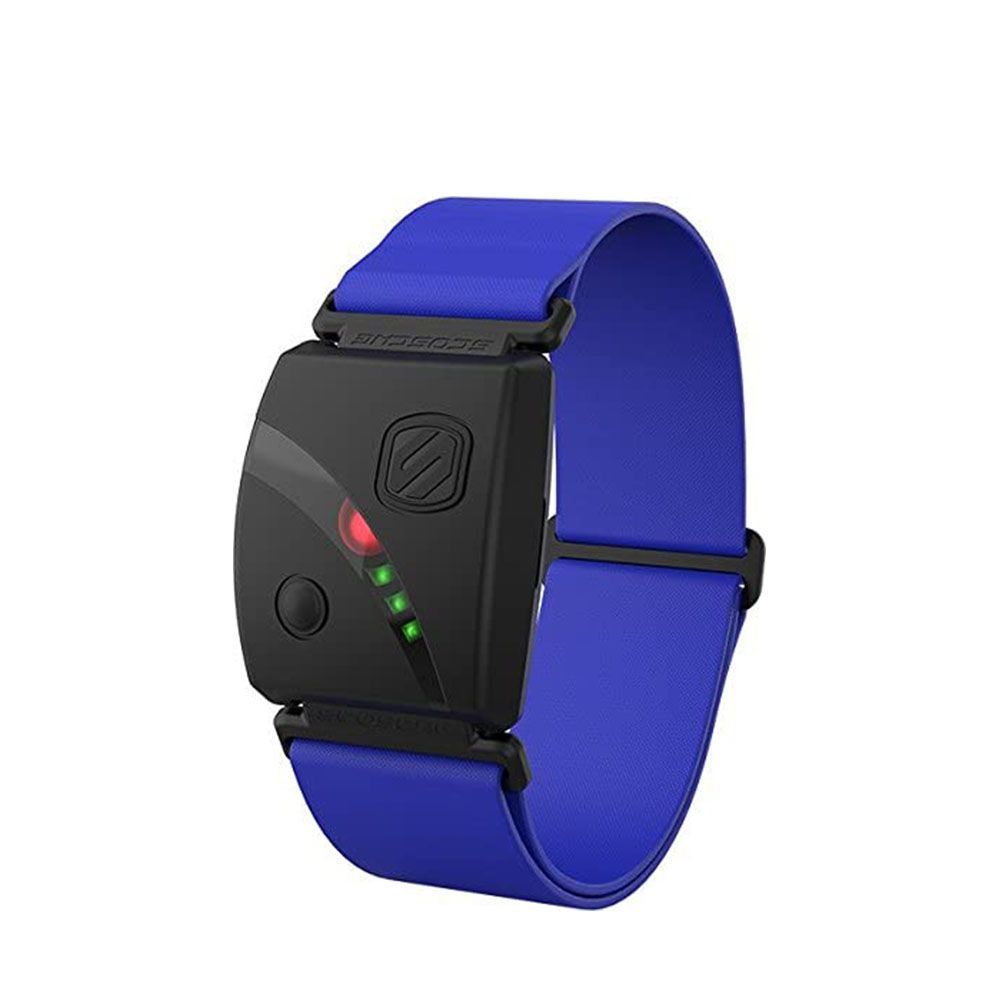
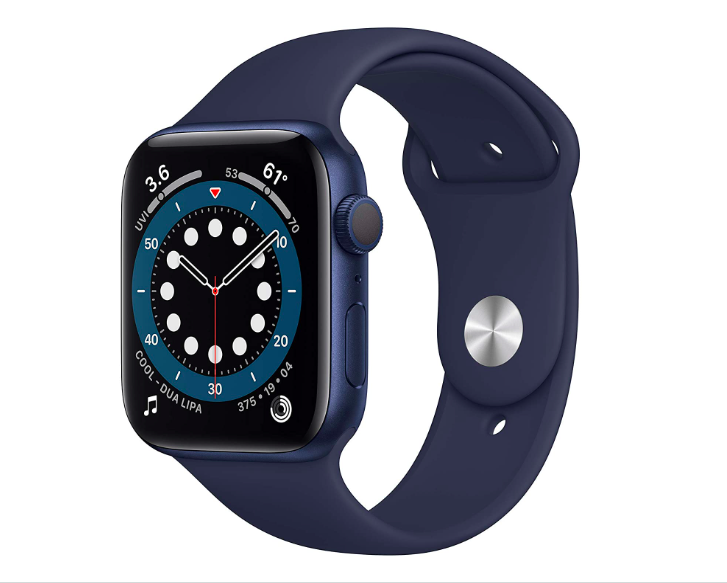
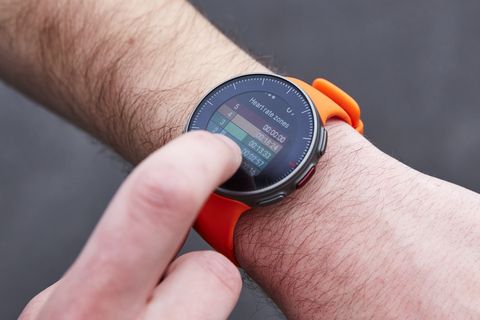
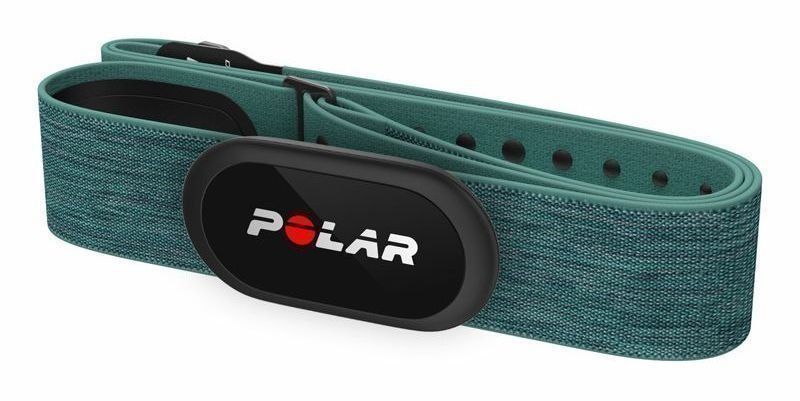
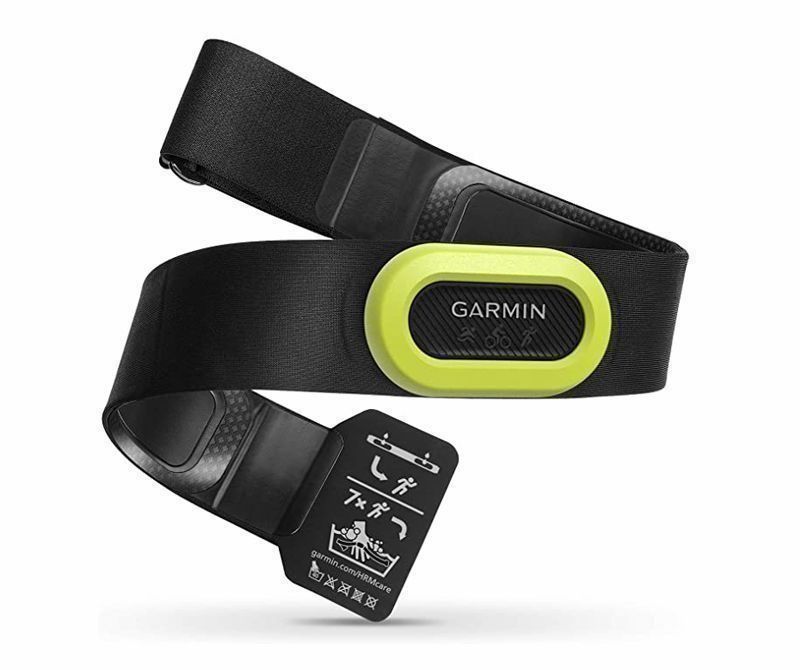
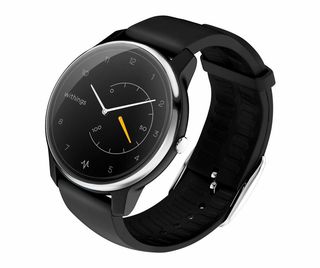
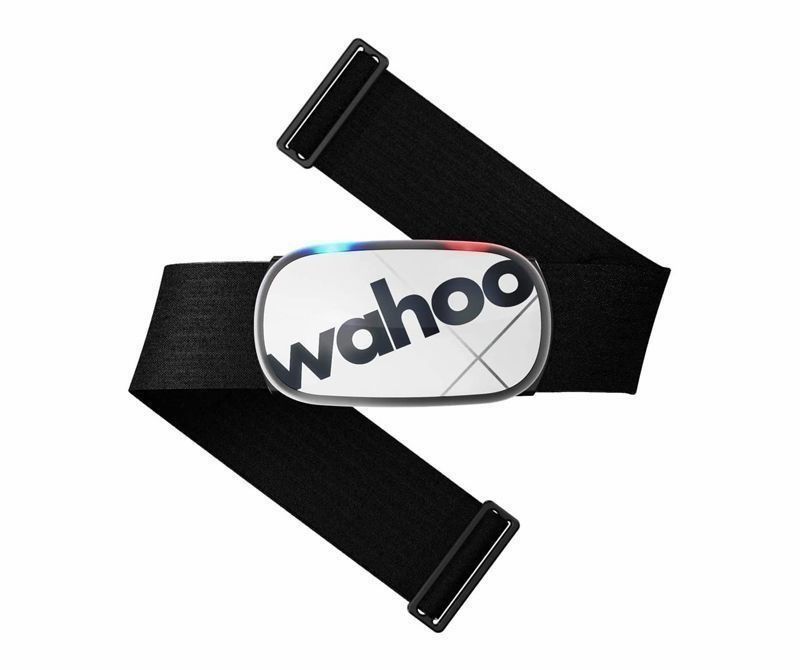
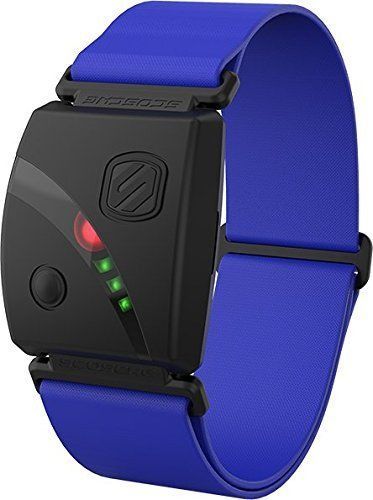
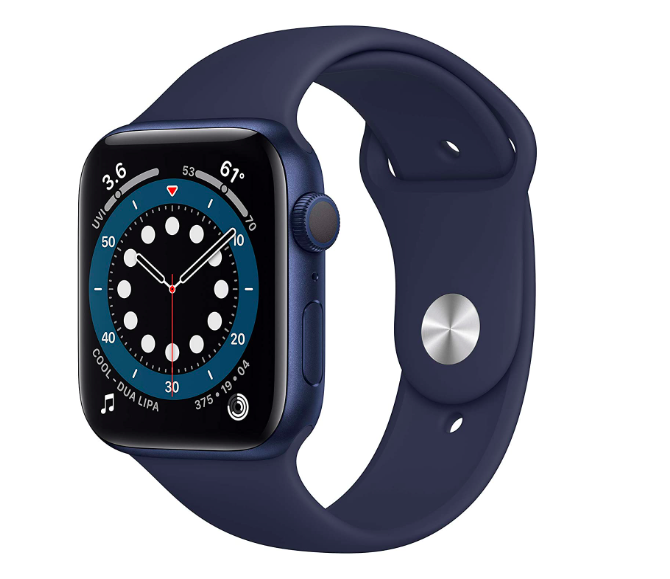
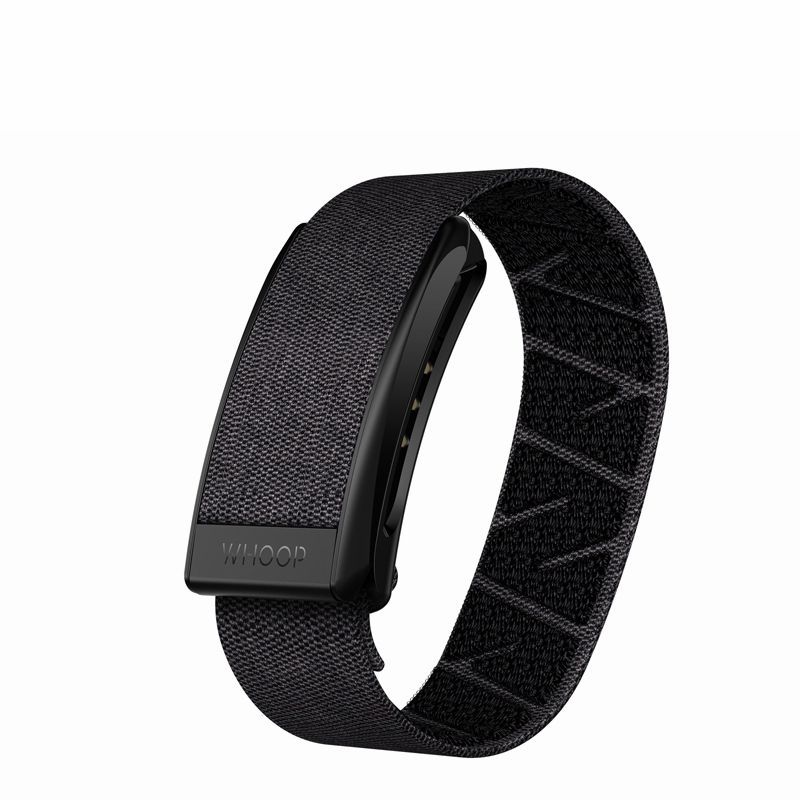
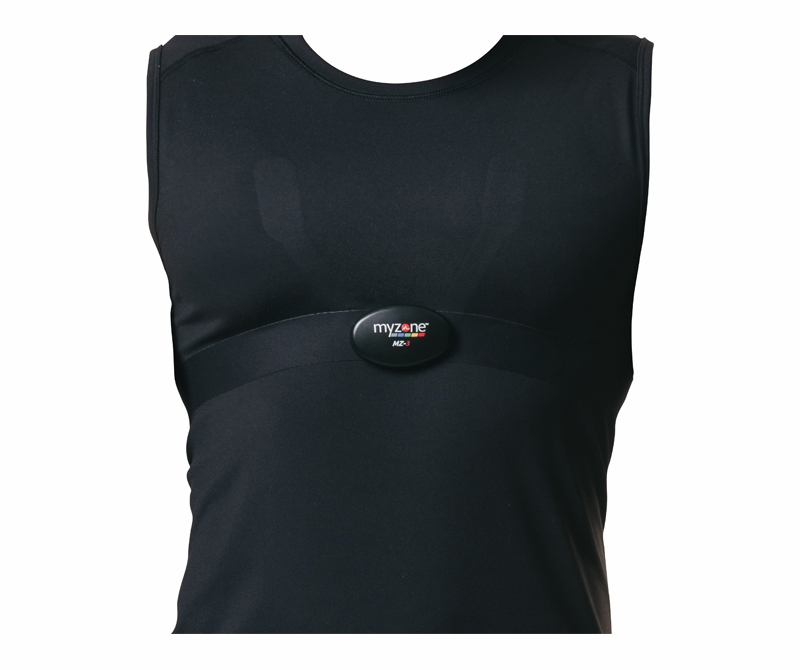
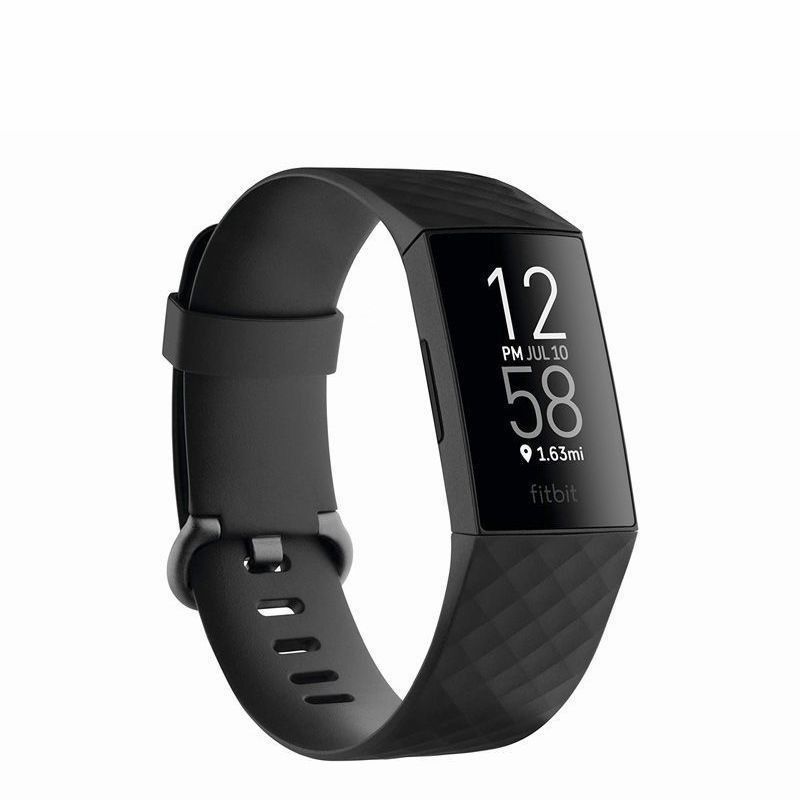
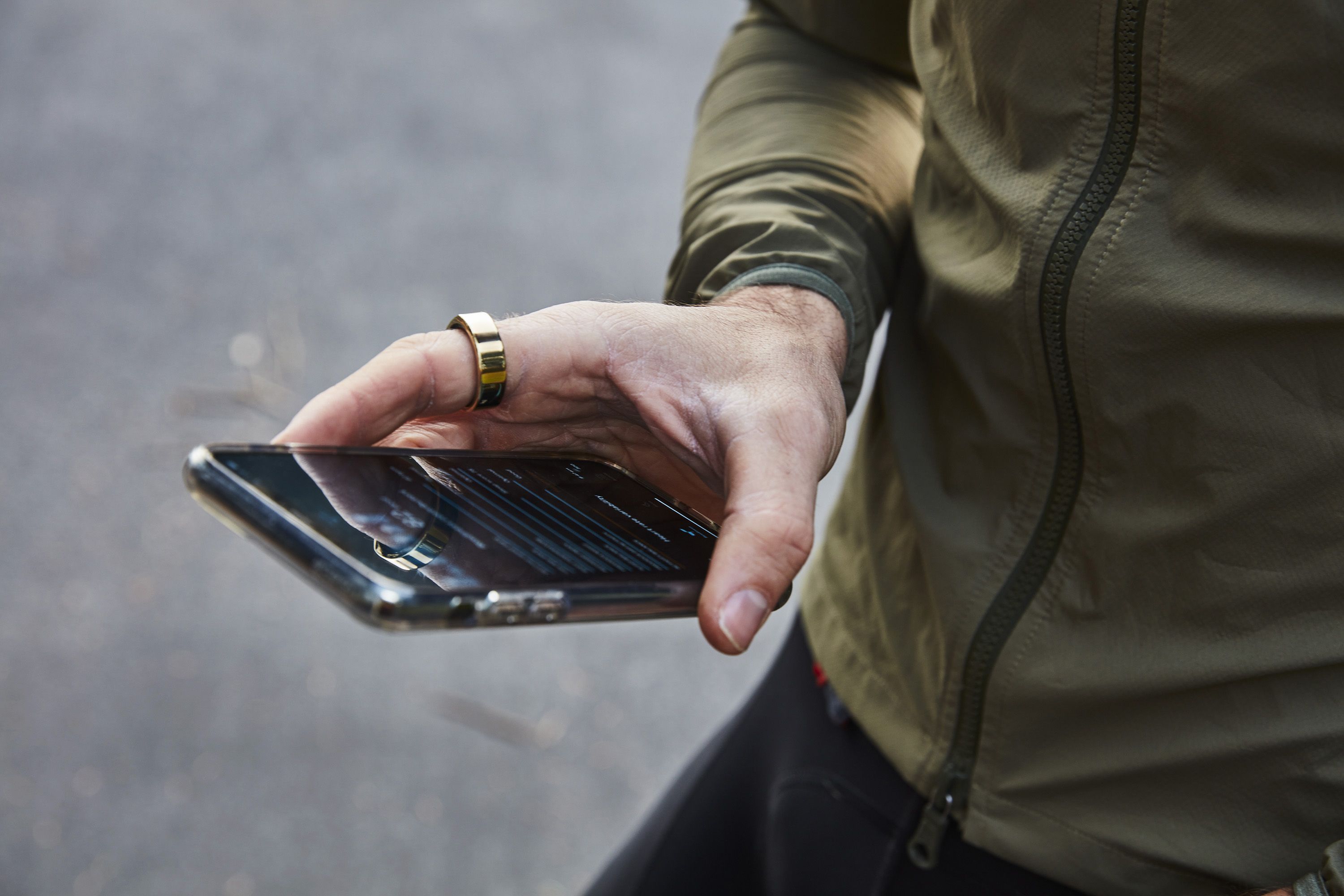
0 Response to "Heart Rate Monitor Continuous Recording Garmin Chest Strap"
Post a Comment